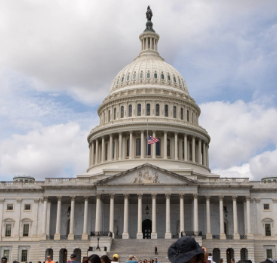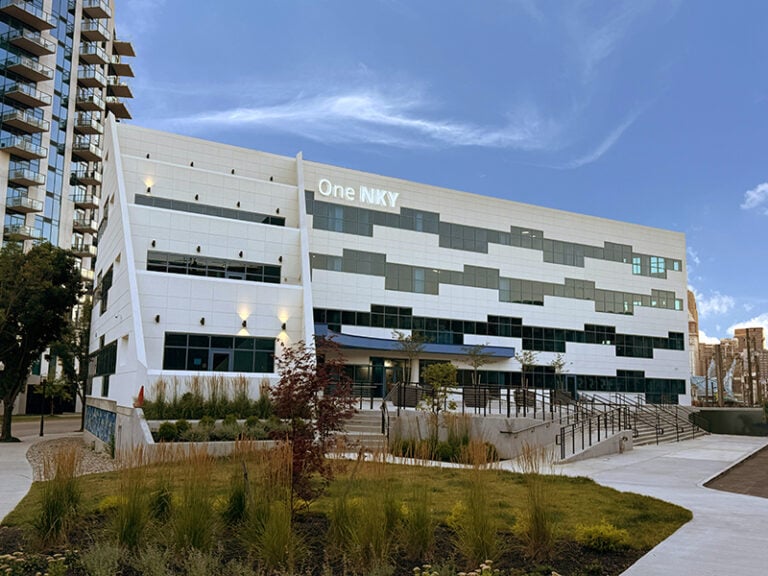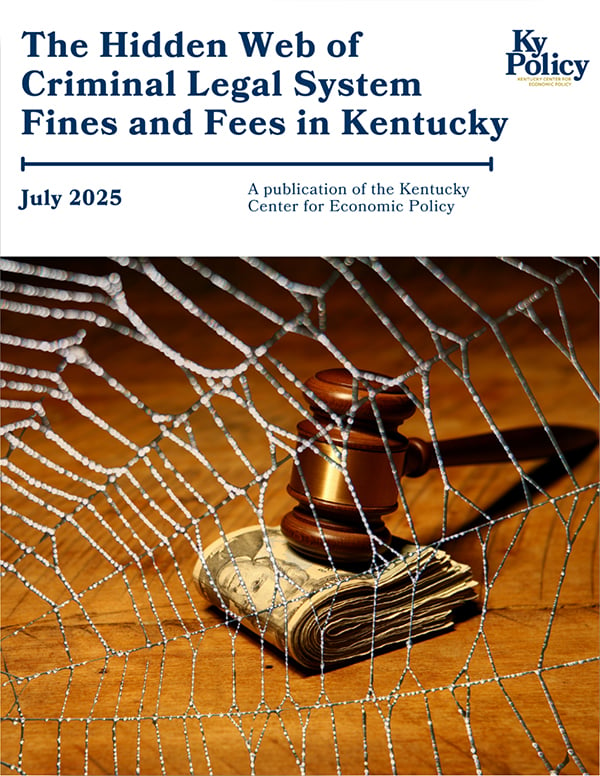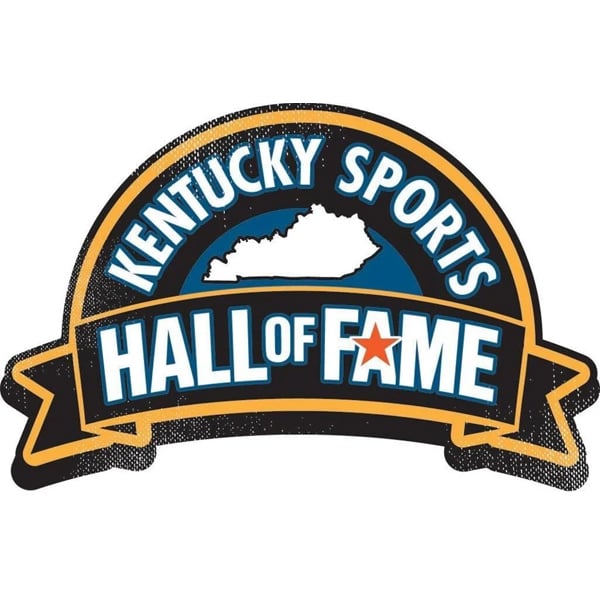“Man, I love off-season” said no football fan anywhere.
All seems right with the world this Saturday morning, as I drink coffee and watch ESPN college football game day. It’s the time of the year where every team is still undefeated and even as a big University of Kentucky football fan like me, I can go into the season with hope however short-lived it may be.
College Football is an American tradition that builds school spirit, enhances school pride, and creates engagement with students, our community and with the alumni. It’s an atmosphere where even the classiest women have been known to lose their class once after pigskins start to fly through the air.
Last year according to The National Football Foundation and College Hall of Fame a record-number 773 college football teams took the field. According the NCAA, a total of 49,057,966 tickets were scanned at the entrance gates between Divisions I, II & III— which doesn’t factor in the attendance at the 86 other colleges & universities that participate in NAIA division.

As a safety and risk management consultant in the insurance profession, I think in terms of risks and accidents, where I view my surroundings differently than others when I walk into a football stadium.
I am in a whole different dimension as I intuitively spot enormous risk and safety issues that can cause an injury or fatality.
When dealing with such a large number of people, it is unrealistic to believe that no one would ever get hurt and sue a college or university. As a result of this inherent risk and the cost to implement these risk avoidance procedures, ticket prices have increased over the years, especially after the terrorist attacks on United States soil on September 11, 2001.
However, many risk management practices are not necessarily in place to guard against terrorist attacks, but instead for the general safety of patrons from everyday accidents and incidents. A great deal of effort goes into training, preparing and planning to keep football fans safe, more so than what the eye beholds, as it is a huge undertaking.
For the event planners the safety of football fans is of primary concern with every college or university. If a facility manager does not keep the facility safe, injuries to attendees, are bound to occur.
To effectively protect football fans, facility managers must have an effective crowd management plan in place from the parking lot to once after they enter the stadium. It includes parking controls, facility design, security procedures, crowd control, emergency management, booking policies, ticketing arrangements, alcohol management, seating, local lawmaking and regulation; all to best set the tone for the event and to keep people safe.
Simply put crowd management is getting people to do what you need them to do.
Why is crowd management so important? All you need to do is Google the term “crowd disasters” only to get a clear understanding of magnitude of what could happen without it. There have been countless disasters related to crowd management over the past century.
Technology is fast becoming a useful tool in helping facility managers better manage crowds. Closed-circuit television is being used to keep an eye on the crowd. Undercover and uniformed police officers patrol the stadium as well as most parking lots. All entrances are controlled and monitored, and all bags and purses are checked as bomb sniffing dogs now roam our college stadiums.
Although the sale of alcohol is usually a high revenue producer, the problems that alcohol sales can create are sometimes not worth the liability risk, as many college conferences have moved to prohibit the sale of alcohol. In stadiums where alcohol is served, policies regarding the sales and the expulsion of intoxicated patrons are established and strictly enforced. Signs are posted notifying patrons that public intoxication will not be tolerated and that intoxicated persons will be ejected from the venue.
Some universities will attempt to transfer this risk by outsourcing the sale of alcohol to vendors. But regardless of whether the stadium allows or prohibits alcohol, event staff must be able to recognize when a patron has abused alcohol and take appropriate action.
This is important because universities and colleges are still subject to liability if a patron leaves an event and is injured or killed, or kills someone else as a result of alcohol consumption. Whether the facility served the alcohol or not is often irrelevant; the fact that the patron was inside the facility and was allowed to leave the premises is often enough for juries to find the facility guilty.
Therefore it is crucial that universities provide training for parking lot attendants, gate attendants, ushers, concessionaires and vendors in the skills needed to identify and deal with intoxicated individuals.
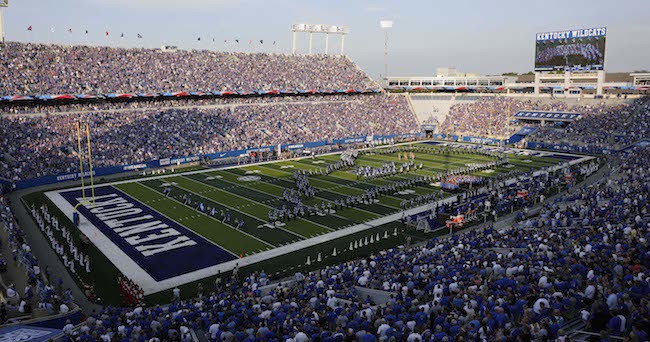
In an effort to control this exposure many stadiums will cease the selling of alcohol prior to the end of a game. Usually arenas will stop serving alcohol three fourths of the way through an event. This tactic provides two benefits. It reduces the amount of time spectators can drink, thereby hopefully reducing the number of intoxicated persons; and, it extends the time between the last drink and when the spectator climbs behind the wheel of a car.
Other universities have tried to curb the number of patrons entering the stadium intoxicated from their pregame tailgating festivities. Some universities have even gone as far banning drinking games in the parking lot, all in an effort to reduce their liability and protect their fans.
Unfortunately, when you bring that many people and vehicles into such a confined area and then add alcohol into the equation, there are several mishaps that can place.
Many of those mishaps will occur in the parking lot as well while people are tailgating. Therefor here are some tips to make your tailgate as safe as possible:
Have a fire extinguisher and a first aid kit on hand.
Respect electricity, even from a generator, and run everything off of a GFCI cord; avoid overhead electrical lines when setting up your tailgate.
Be sure to exhaust your generator away from any enclosed spaces, and if you are tailgating from an RV be sure to install carbon monoxide detectors.
When leaving the tailgate, be sure all glass bottles or any other hazards are removed from vehicles’ path.
Hide all valuables from sight in your car and remember to lock them up. Car theft has unfortunately become extremely common during the game itself.
Don’t drive after you’ve been drinking. Tailgating in the hot sun and drinking over a long period of time makes it is easy to lose count of how many you’ve had. Don’t risk driving if you’ve been drinking – it is extremely hazardous and costly. Choose a designated driver early.
Remember grill safety – loose gas hoses and improper lighting can cause a host of problems that put you and tailgaters in danger. An all-too-common mistake is lighting a gas grill while the top is closed, which can result in an explosion. This should go without saying, but … if you’re unfamiliar with your grill’s safety features, read your safety guide before the game.
Extinguish all charcoal grills before leaving them unattended; remember to empty out all charcoal embers and never put a hot grill back into your car.
Avoid bringing any glass containers and bottles to your tailgate to avoid the likelihood of a laceration.
Understand the rules for the tailgating location. Know what items are not permitted and what your restrictions are.
Protect yourself from the sun and be prepared with plenty of water and sunscreen to avoid dehydration, sunburn and sun poisoning.
Use caution when entering and exiting the parking area of your tailgate. Go slow…slower than you think you need to be driving because there will be crowds of people, including young children and inebriated adults.
Be Safe My Friends

Keven Moore works in risk management services. He has a bachelor’s degree from University of Kentucky, a master’s from Eastern Kentucky University and 25-plus years of experience in the safety and insurance profession. He lives in Lexington with his family and works out of both the Lexington and Northern Kentucky offices. Keven can be reached at kmoore@roeding.com.










